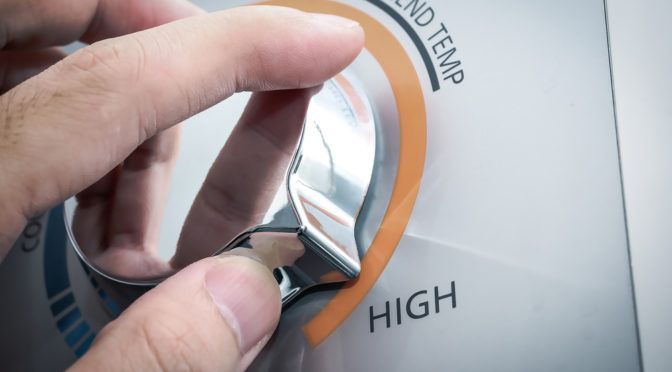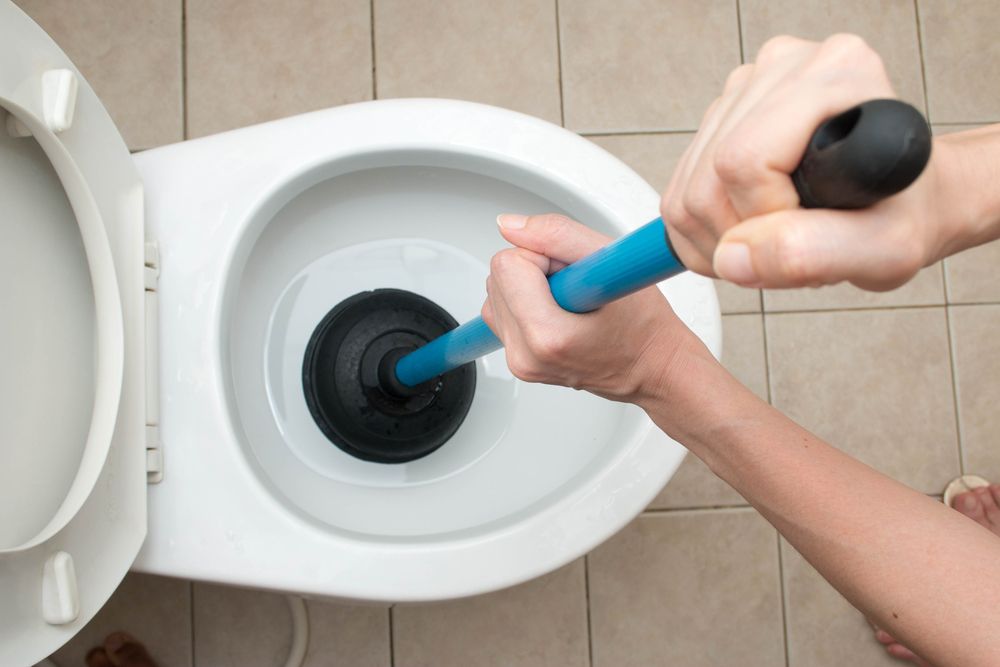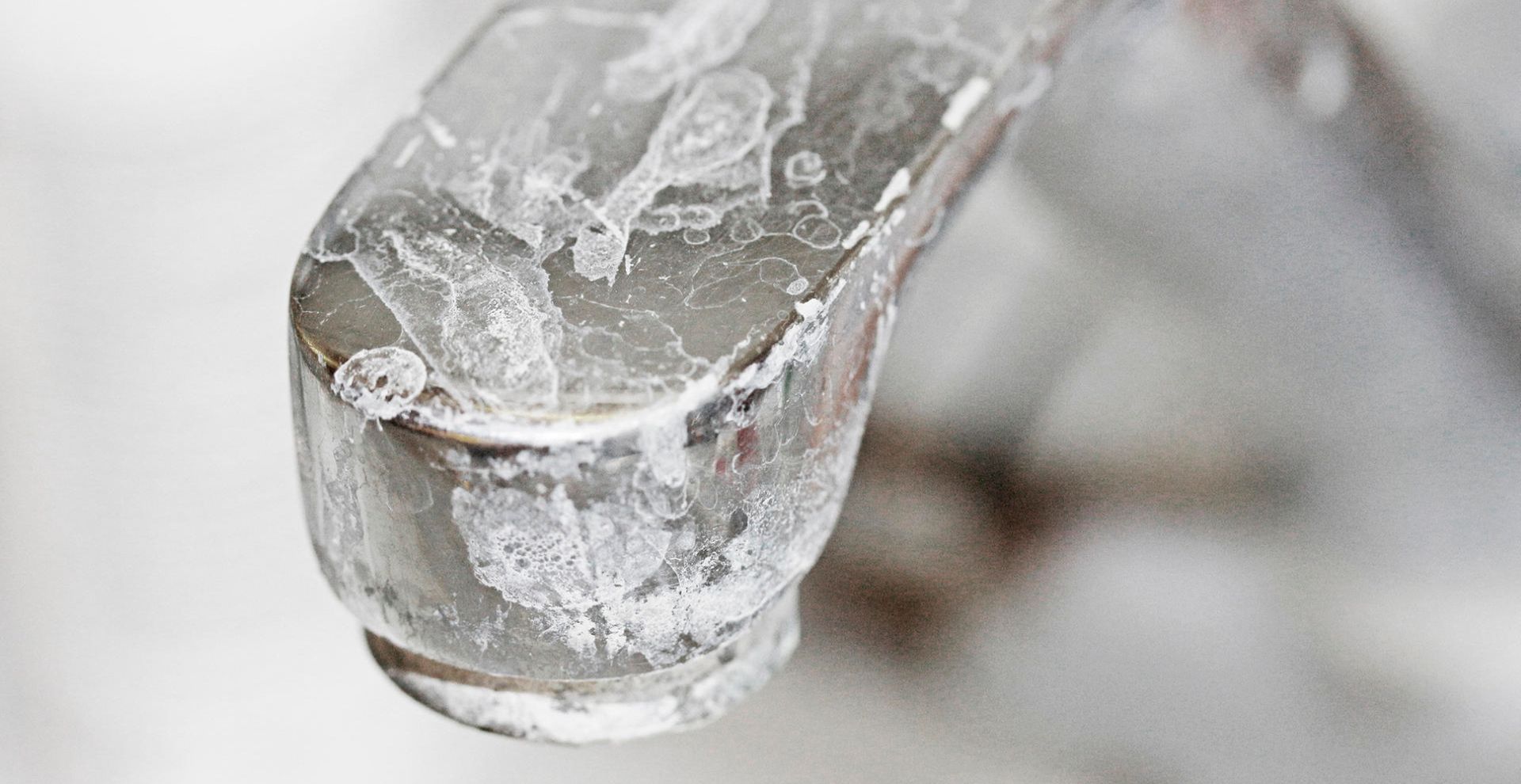Angie's List and NextDoor's Favorite: 2017 -2024
Is Our Tap Water Safe?
You may be concerned about the safety of our tap water. After all, we bathe in it, drink it, and we cook with it. Is the tap water safe to drink in in Waxahachie, Ennis, Red Oak, Midlothian, Cedar Hill, Desoto or Duncanville? Perhaps you have asked, why does my tap water taste bad? What causes the poor taste or smell of our tap water? How safe is our tap water?
HARD WATER
One thing is for sure, north Texas has hard water. Maybe you’ve noticed spots on your shower glass or corrosion on your faucets & plumbing fixtures? Do you know why this happens? We will explain exactly what causes hard water, how water becomes contaminated & what you can do about it.
Any way it goes, most cities in North Central Texas has been called out for poor-quality tap water.
Where Does Waxahachie’s Tap Water Come From?
Most of the potable water in Midlothian, Red Oak, Waxahachie and surrounding areas comes from underground aquifers – giant, underground pools of water & rocks made of porous limestone that contain a large amount of fresh water. The remaining percentage of our comes from surface water sources, such as lakes. This water is treated at the water treatment plant before reaching homes and businesses. Despite being naturally filtered, groundwater is easily contaminated with harmful natural and human-induced chemicals and pollutants. As groundwater flows underground, metals such as iron and manganese in rock and soil are dissolved and may later be found in high concentrations in the water. Industrial discharges, agriculture, and improper disposal of waste as well as chemical treatments like chlorine & ammonia can also affect groundwater quality.
Why is Tap Water Prone to Contamination?
If you search the phrase “tap water contamination in Waxahachie,” you’ll find numerous reports, including from April 30, 2019 to June 30, 2022, Waxahachie's water utility, City of Waxahachie, had 3 violations of the Safe Drinking Water Act.
Agricultural Runoff
Another source of runoff pollution is agriculture. The spreading of fertilizer and manure leads to nitrogen and phosphorus washing into streams and rivers. Bacteria will also get into drinking water through poorly maintained septic systems, livestock areas, and poorly constructed wells.
Is Waxahachie’s Tap Water Safe to Drink?
The EPA regulates contaminants in public water supplies. And from their analysis, Waxahachie & Midlothian’s tap water is safe to drink because it meets federal drinking water standards. However, water quality watchdogs like the Environmental Working Group (EWG) disagree (see their findings). The EWG believes legal doesn’t necessarily mean safe because contaminant limits haven’t been updated to reflect health guidelines in more than two decades.
The EPA doesn’t entirely disagree. It’s created enforceable limits and non-enforceable guidelines for some substances to give communities more time to address critical infrastructure issues. But lack of funding for clean water initiatives remains. That means, despite efforts by community and public water systems in Texas to provide more sanitary, healthier water, some contaminants are still found in most water utilities across the state. According to the EWG, a drinking water quality report shows that Waxahachie residents have been exposed to unhealthy concentrations of the following contaminants:
Total trihalomethanes (TTHMs)
Total Trihalomethanes (TTHMs) are a group of cancer-causing chemicals formed when chlorine reacts with other disinfectants or naturally occurring dissolved organic matter in water. Lifelong exposure to TTHMs is associated with bladder and skin cancer, stillbirths, congenital disabilities, and an increased risk of kidney and liver cancer. It can also harm fetal growth and development.
Haloacetic acids (HAA5)
Like trihalomethanes, haloacetic acids (HAA5) are a group of disinfection byproducts produced when chlorine reacts with naturally occurring materials in water. When people consume haloacetic acids at high levels over many years, they increase their risk of developing bladder cancer, rectal and colon cancer and adverse developmental and reproductive effects during pregnancy.
Hexavalent Chromium (Chromium-6)
Hexavalent chromium, aka chromium-6, is primarily an industrial pollutant used in wood preservation and anti-corrosion metal coatings but also occurs naturally in the environment, specifically in rocks, plants, soil, etc. Pollution can arise when industrial sites improperly dispose of waste materials, causing the chemical to seep into groundwater and surface water. Even in small amounts, chromium-6 can cause various health complications.
Arsenic
Arsenic is a highly toxic chemical that naturally occurs in rocks and soil. It is also a byproduct of coal burning. According to the EPA, arsenic can make its way into water supplies from the natural erosion of rocks. High levels of arsenic in private wells may come from arsenic-containing fertilizers used in the past or due to industrial waste. So, since most of Texas’ tap water comes from groundwater, arsenic from the surrounding rocks can make its way into the water.
The health effects of arsenic include nausea, diarrhea, neurological impairments, heart dysrhythmias, muscle weakness, anemia, and more.
Perfluorooctane Sulfonate (PFOS)
Perfluorooctanesulfonic acid, or PFOS for short, is a water and stain-resistant synthetic compound widely used to make carpets, fire-fighting foams, paper packaging for food, and other materials resistant to water, grease, or stains.
PFOS chemicals are difficult to break down, so they can continue to exist in the environment and drinking water sources for decades. Exposure to PFOS over certain levels can result in adverse health effects, including congenital disabilities, cancers, liver effects, and more.
Nitrates
Like arsenic, high nitrate levels in drinking water can be dangerous to health, especially for infants and pregnant women. The chemical occurs naturally in soil and air but is also found in many fertilizers used on yards, golf courses, and in agricultural production. Because of its widescale use in farming, the chemical is wreaking havoc on the drinking water quality in many parts of America, mainly in agricultural areas. The nitrogen combines with the Chlorine used to treat water in the water treatment plant and produces CHLORAMINES.
Why Does Waxahachie’s Tap Water Taste and Smell Funny?
See Channel 8 Report on Waxahachie: CHANNEL 8 REPORT ON WAXAHACHIE WATER
Like most cities, public water supplies can look, taste, and smell differently due to various factors. It’s generally not the dangerous toxins that cause the taste and smell complaints but rather the water source. Things like hard water, chlorine, organic matter can all contribute. We have all heard ‘lake Waxahachie is turning over’. Some Waxahachie residents report a slight sulfur or earthy taste due to naturally occurring sulfur compounds in some of the underground water sources.
Hard water: Waxahachie’s tap water can contain high levels of minerals such as calcium and magnesium, which can cause it to have a distinctive taste and can leave behind mineral buildup on fixtures and appliances. This is where an anti-scale device such as FLOWTECH comes in very handy. While hard water is not a health risk and is safe to drink, the mineral buildup and the taste of the water can be a real problem, causing scale build up on plumbing fixtures & appliances. Scale & hard water will shorten the life of your water heater. Consider installing a water softener or FLOWTECH antiscale device in your home to remove the “hardness” minerals from the water, making it “soft” without the use of chemicals, salts that give water a slimy feel.
Waxahachie’s water treatment facilities chlorinate the water supply to kill bacteria and other harmful microorganisms. However, chlorine can give the water a distinct chemical-like taste and smell.
click: WAXAHACHIE WATER REPORT
click: MIDLOTHIAN WATER REPORT
click: RED OAK WATER REPORT
Is My Tap Water Safe to Drink?
No matter if you live in Waxahachie, Red Oak or Midlothian – your tap water contains harmful impurities and contaminants, making it unsafe. There are a few ways to determine if tap water is contaminated:
Check the EWG’s Tap Water Database: The Environmental Working Group maintains a database of information about public water systems, including test results for contaminants. You can search for water systems by name or zip code to find information about your tap water. While the EWG does an incredible job at testing and providing vital regional water quality information, it only gives an overview, not the findings in specific communities.
Check with your local water utility: Most water utilities must provide customers with an annual water quality report containing information about the water’s source, treatment, and any contaminants found during testing. If you drink city water, contact your local water utility to request a copy of their latest CCR or to find out where you can access it. Is it enough? Probably not. Testing only measures the contaminant levels before the water leaves the treatment plant, not when it reaches your tap. Ultimately, the only way to know whether tap water is safe is to test it. The process is quick and easy.
Test your water: If you have concerns about the safety of your tap water, you can have it tested. Several home water test kits are available for purchase, or you can contact a professional like Duncan Plumbing.
Cleaner, Better-Tasting Tap Water with Duncan Plumbing.
Filtering your water is vital in ensuring it is clean and safe to drink. Although federally regulated, public water sources may contain potentially dangerous contaminants, such as bacteria, viruses, and chemicals. By filtering your water, you can keep these and other pollutants at bay and better protect your health. Duncan Plumbing offers several water filter options for whole home water filtration. We at Duncan Plumbing Solutions understand the importance of providing your family with clean, safe drinking water. All of our water filters are designed to remove impurities and contaminants from your tap water.
Our whole house water filters use a multi-stage filtration process to effectively remove and reduce up to 99% of contaminants, including chemicals, heavy metals, and other contaminants and impurities. Our premium-quality water filters also help improve the taste and odor of your tap water.
You’ll also appreciate the ease of installation and maintenance our water systems provide. They’re compatible with most standard faucets, and the filter cartridges are simple to replace, making it easy to maintain the filtration system. Our water filters are also environmentally friendly, reducing the need for single-use plastic bottles and helping to conserve our natural resources.
Invest in one of our high-quality water filtration systems today. Talk to one of our friendly plumbing & water experts if you want to learn more about our products. Duncan Plumbing Waxahachie is your choice for water filters. We offer whole home water filters, anti-scale water treatment, RO systems & much more.






SERVING
and Surrounding Areas

HOURS
Hours:

CONTACT US
Master License # M-39624
























Share On: